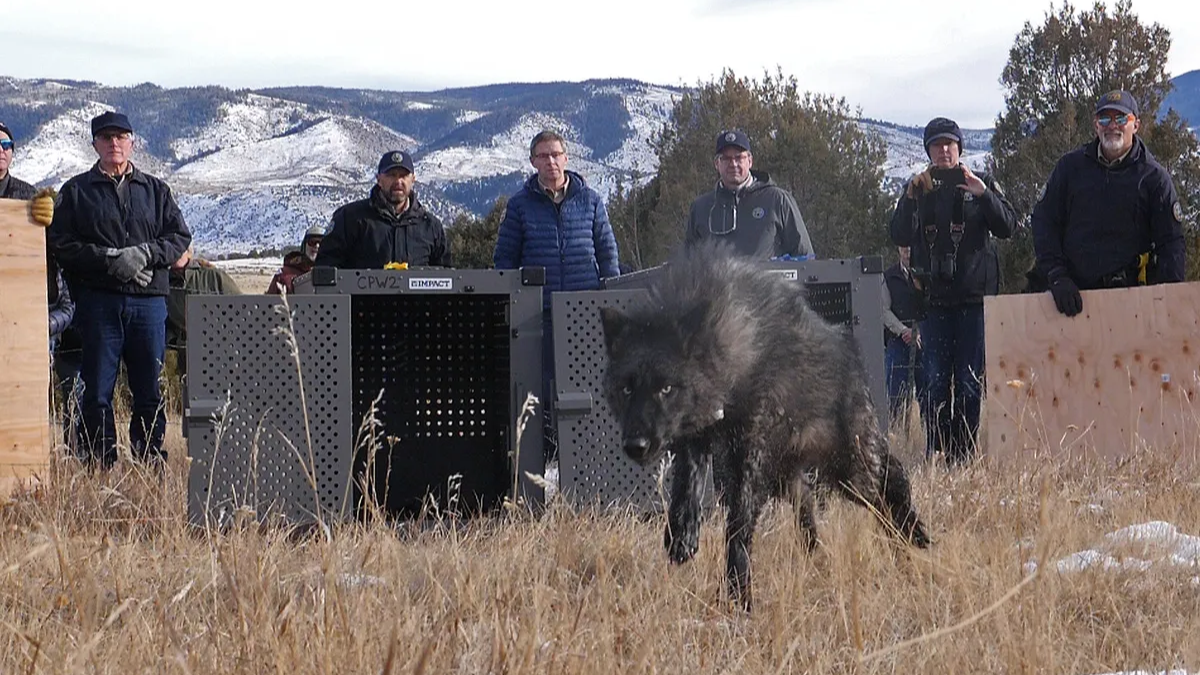Garfield County officials are urging Colorado Parks and Wildlife (CPW) to take immediate action in addressing the adverse effects of the state’s wolf reintroduction program. Labeling the current management approach as a “profound failure,” the county is calling for stronger measures to protect livestock and local communities.
Rising Tensions Over Wolf Reintroduction
The reintroduction of gray wolves in Colorado, mandated by a 2020 statewide vote, has sparked significant controversy. While conservationists view it as a victory for biodiversity, ranchers and rural communities, including Garfield County, have expressed growing concerns about the program’s impact on their livelihoods.
Garfield County Commissioner Tom Jankovsky voiced frustration during a recent meeting. “The state has failed to adequately address the economic and emotional toll this program is taking on our community. Ranchers are losing livestock, and the compensation process is slow and insufficient,” he stated.
Economic and Environmental Impacts
Local ranchers report increasing instances of livestock predation attributed to wolves. The economic losses from these incidents are compounded by the stress and uncertainty faced by families dependent on ranching. According to CPW, the state provides compensation for verified losses, but many ranchers argue that the process is bureaucratic and fails to account for indirect costs.
Environmental advocates, however, argue that wolves play a crucial role in maintaining ecological balance by controlling deer and elk populations. “Reintroducing wolves is about restoring natural ecosystems,” said Sarah Montgomery, a biologist with the Colorado Wildlife Federation. “But we need to find ways to coexist and address legitimate concerns from rural communities.”
Garfield County’s Demands
In response to these challenges, Garfield County has outlined several requests for CPW, including:
- Expedited compensation for livestock losses
- Enhanced monitoring of wolf movements
- Increased funding for non-lethal deterrents
- A more robust public education campaign on wolf management
Commissioners also emphasized the need for a transparent dialogue between state officials, wildlife advocates, and rural stakeholders.
Looking Ahead
As tensions mount, the future of Colorado’s wolf reintroduction program remains uncertain. While proponents continue to advocate for its ecological benefits, rural communities like Garfield County are demanding meaningful solutions to mitigate the impacts on their livelihoods.
For more information on Colorado’s wolf management strategies, visit Colorado Parks and Wildlife.
Disclaimer – Our team has carefully fact-checked this article to make sure it’s accurate and free from any misinformation. We’re dedicated to keeping our content honest and reliable for our readers.








